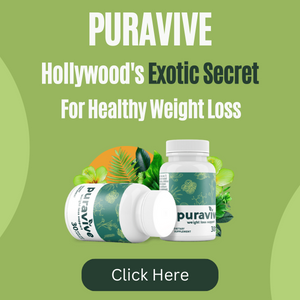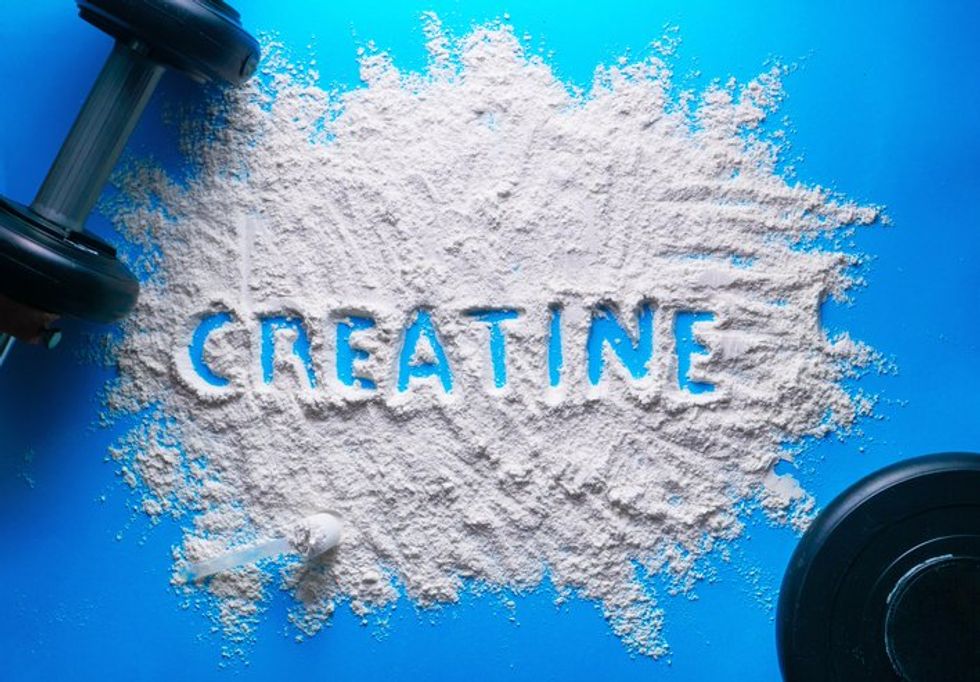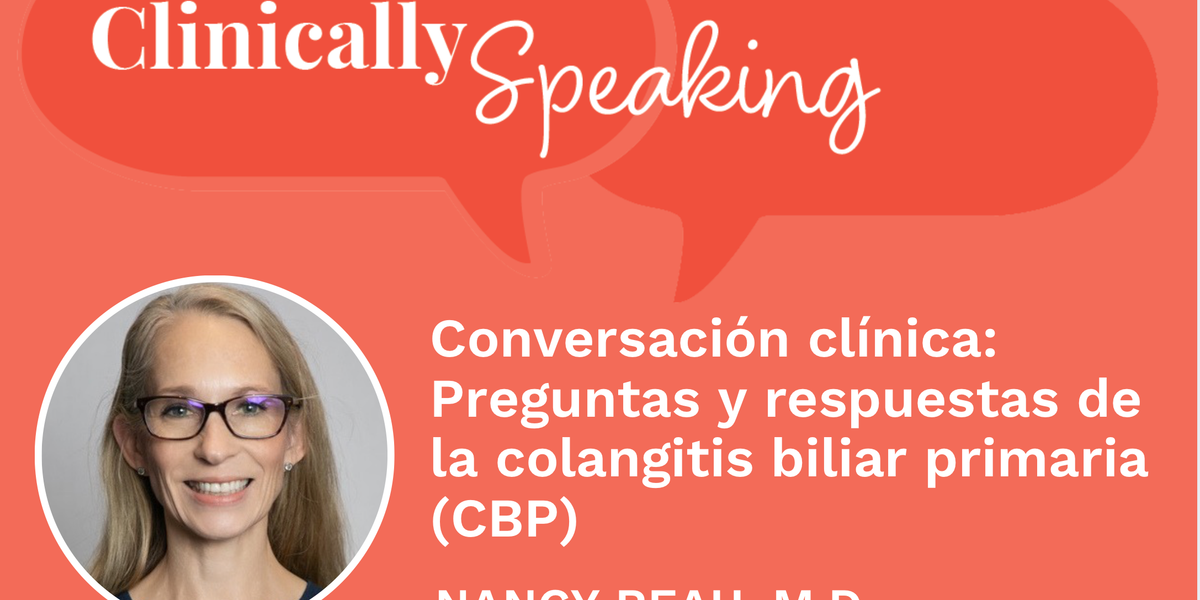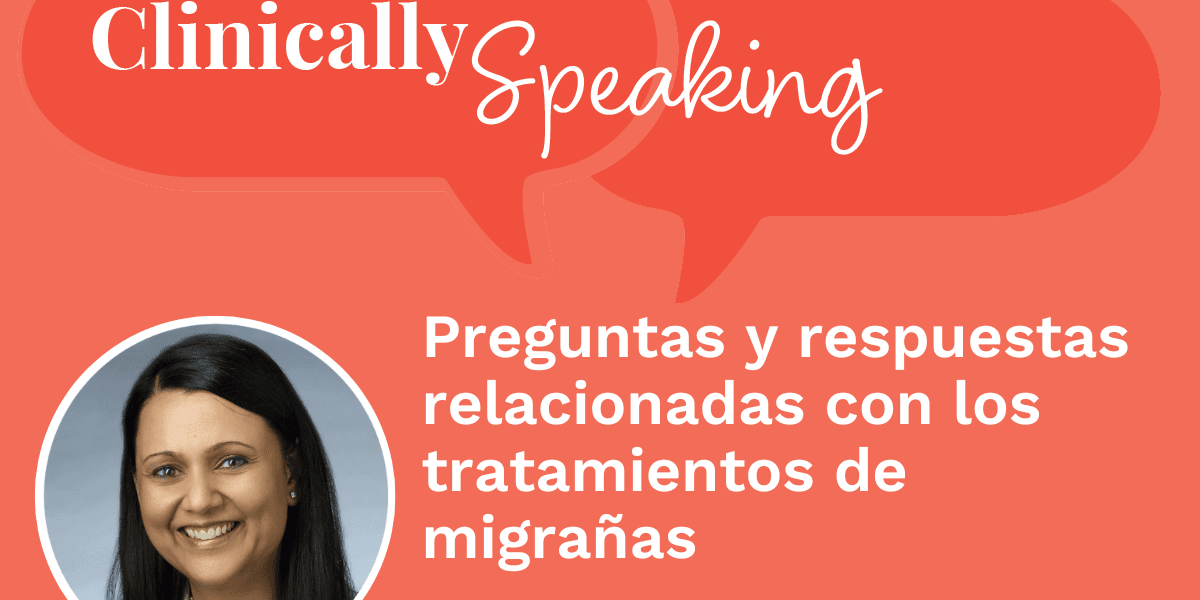AI and Influencers Promote High-Dose Magnesium as Doctors Warn of Health Risks
AI-generated avatars and human influencers are aggressively promoting high-dose magnesium supplements on platforms like TikTok, Instagram, and YouTube, touting them as cures for anxiety, insomnia, and weight gain. These products often deliver 700mg per dose—nearly double the recommended daily maximum—raising alarms among medical professionals. Dr. Steven Chen, associate dean for clinical affairs at the USC School of Pharmacy, warns that AI “physicians” in promotional content present misleading, oversimplified claims without mentioning risks, such as diarrhea, nausea, and in severe cases, cardiac arrest for individuals with kidney issues [1].
The supplements, marketed as quick fixes for wellness, bypass traditional medical advice in favor of algorithm-approved content. Magnesium is naturally abundant in foods like peanut butter, cashews, and salmon, yet viral ads frame pills as superior solutions, bypassing dietary approaches. Experts emphasize that while magnesium has legitimate uses—such as managing muscle tension and bowel regularity—its benefits are being exaggerated. Dr. Zhaoping Li, director of the UCLA Center for Human Nutrition, notes that magnesium’s broader popularity stems from its historical use in treating preeclampsia, not from robust evidence supporting its efficacy for generalized wellness [1].
The supplement industry’s growth is accelerating, driven by trends like AI-driven marketing. The global dietary supplement market was valued at $189 billion in 2024 and is projected to hit $402 billion by 2035, according to market research firm Precedence Research. However, this expansion is accompanied by unregulated practices, including AI-generated testimonials that mimic medical professionals. Chen calls such tactics “dangerous and unethical,” stressing that health decisions require nuanced guidance, not algorithmic shortcuts [1].
Social media platforms have policies against deceptive health claims but offer limited transparency on enforcement. A YouTube spokesperson referenced guidelines banning harmful alternatives to medical care, while Meta cited rules prohibiting unsafe supplements and unauthorized use of medical likenesses. TikTok did not respond to inquiries. Despite these policies, AI-enhanced ads continue to blur the line between legitimate advice and misinformation, exploiting public demand for easy solutions.
Medical professionals urge consumers to prioritize balanced diets over pills. Li argues that magnesium’s benefits are best achieved through food, where its effects are “much more” impactful than supplements. She advocates for AI applications in studying whole foods, not isolating single nutrients. Both Li and Chen highlight the risks of self-treatment, particularly for vulnerable groups, urging individuals to consult healthcare providers before adopting new regimens [1].
The intersection of AI and wellness marketing underscores a broader challenge: how to balance innovation with accountability. As platforms grapple with regulating health content, consumers are left navigating a landscape where scientific consensus is overshadowed by viral trends. For now, the medical community’s message remains clear: no supplement can replace the value of informed, holistic care.
Source: [1] AI and Influencers Promote High-Dose Magnesium as Doctors Warn of Health Risks [AI Avatars Are Pushing Mega-Dose Magnesium—Doctors Say It’s a Health Risk] [url] [https://decrypt.co/331687/ai-avatars-pushing-mega-dose-magnesium-doctors-health-risk]
Source link
Share this article:










